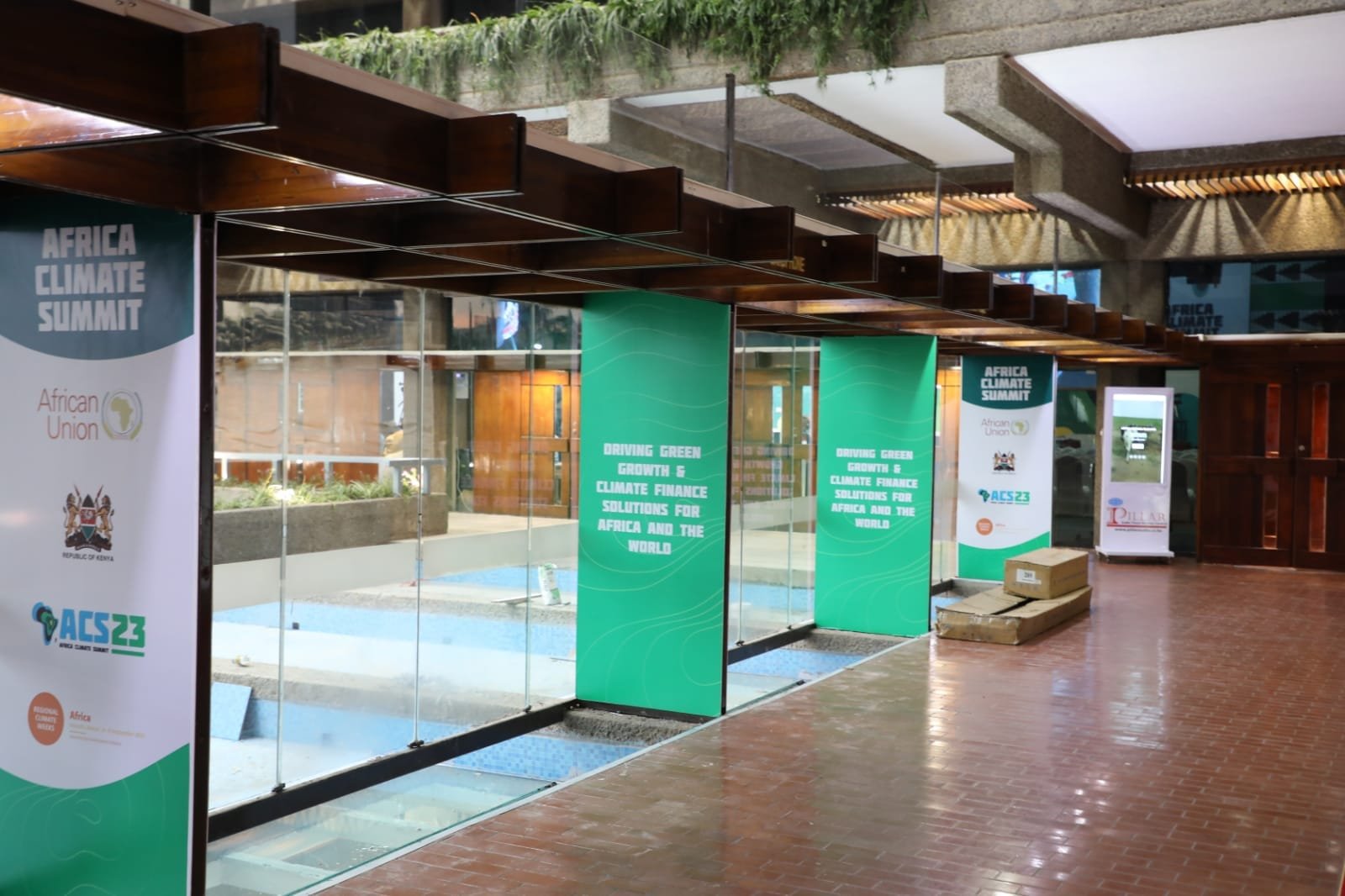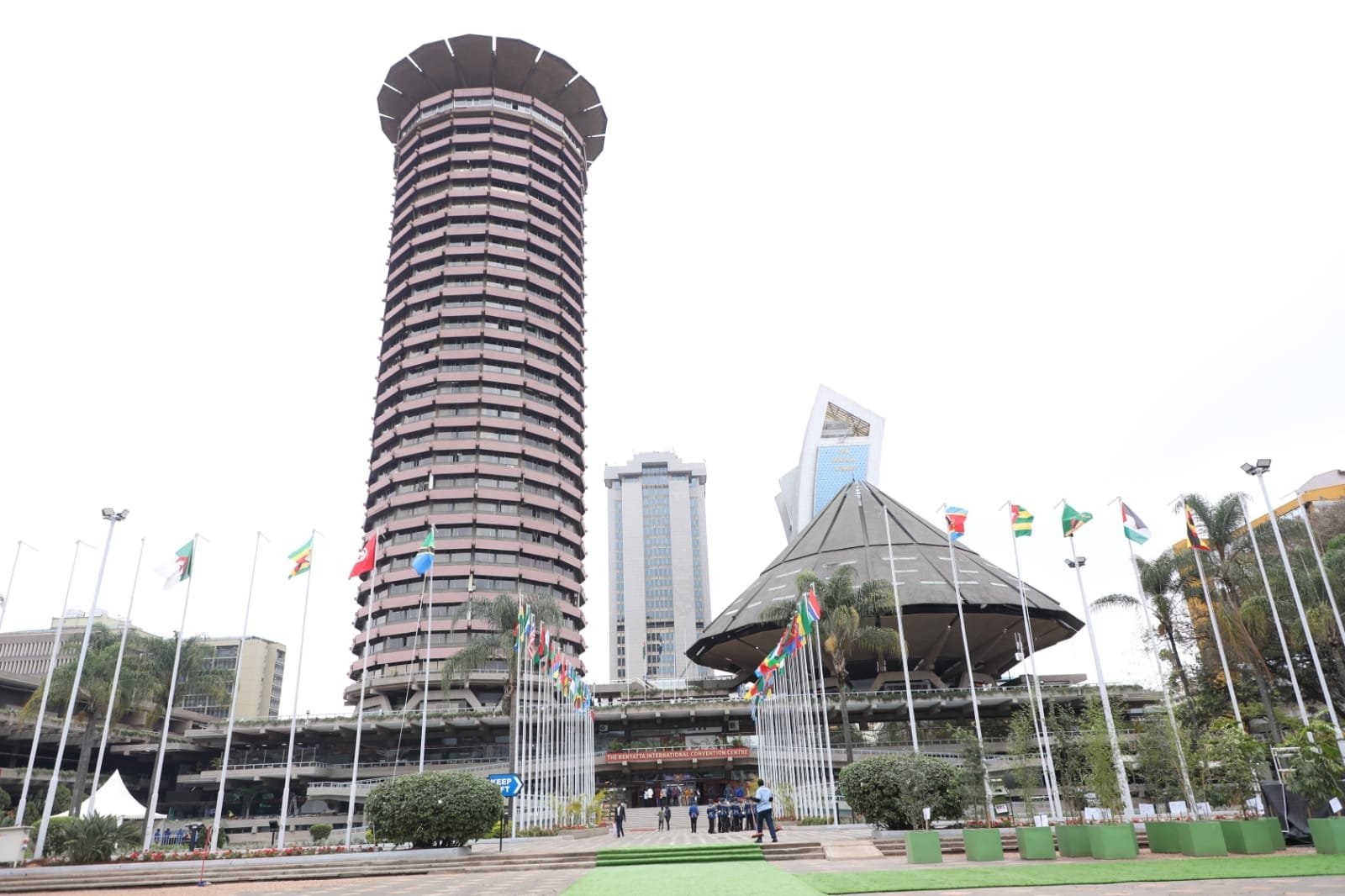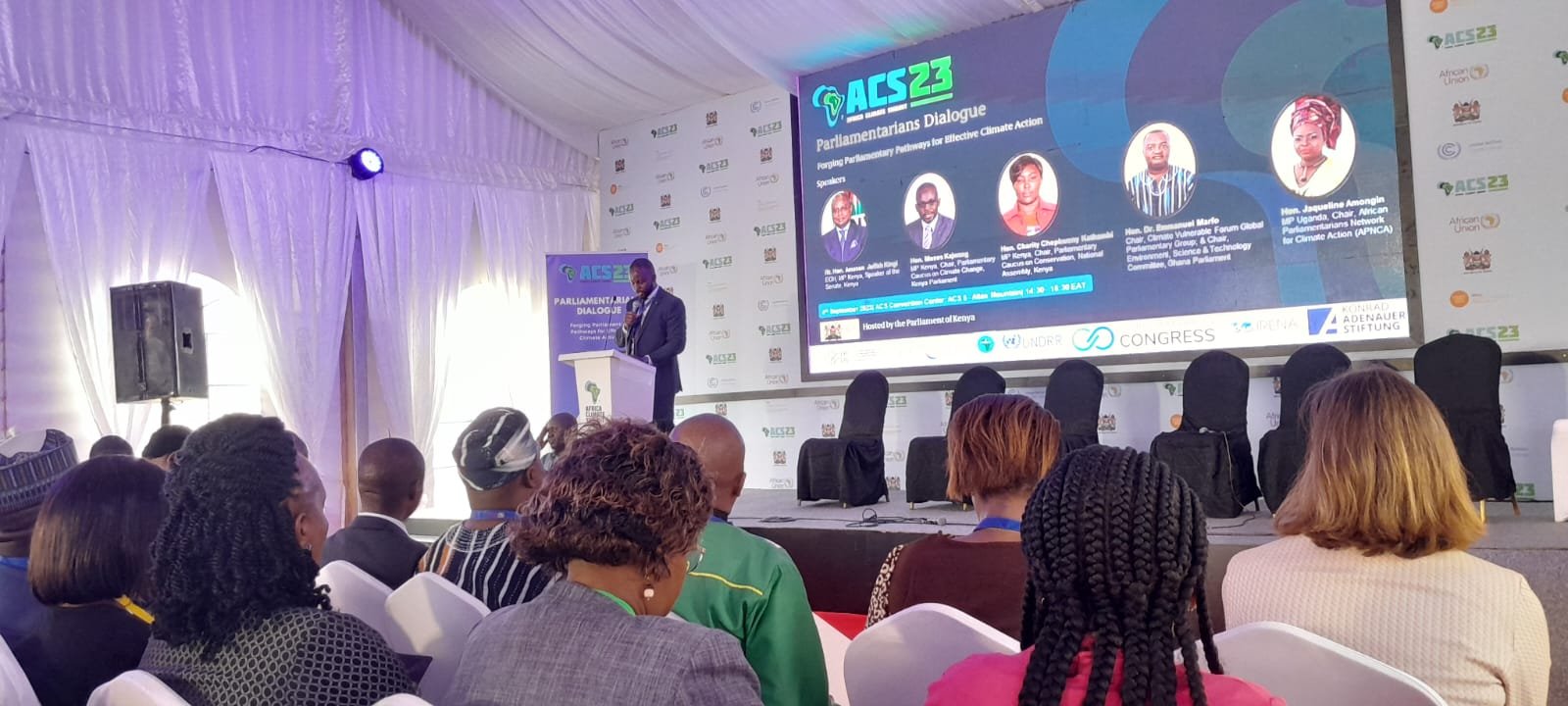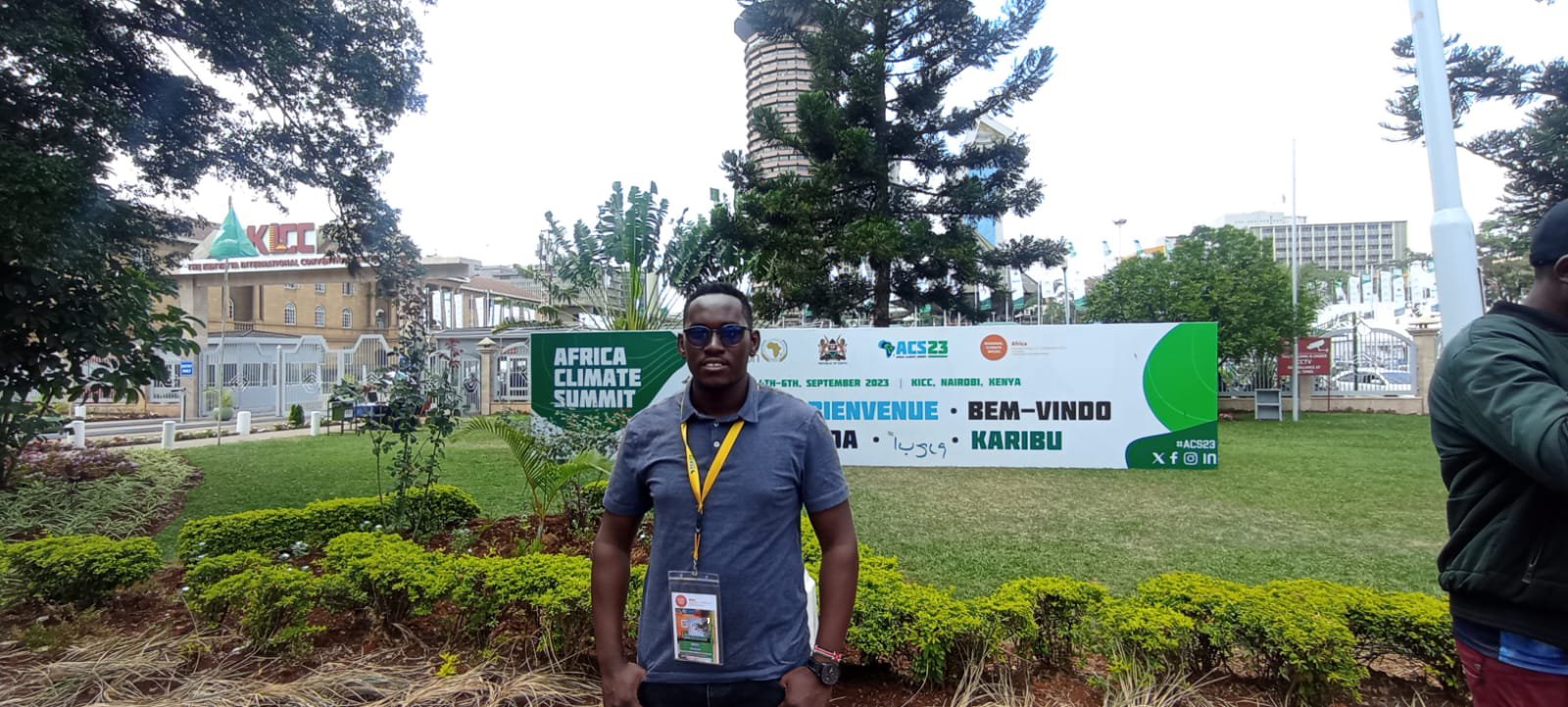Charting a Sustainable Future: Insights from the Africa Climate Summit 2023
The Africa Climate Summit 2023 and Africa Climate Week 2023 brought together over 30,000 participants from across the world to Nairobi in September.
Diverse stakeholders discussed a number of important topics including climate solutions, renewable energy, education and sustainability. African leaders showcased commitments to renewable energy and climate action which lead to the Nairobi Declaration.
The Nairobi Declaration
At the close of the first ever three-day Africa Climate Summit, from 4th to the 6th September a declaration was made. The World Economic Forum summarises: “The declaration calls for reforms to international financial institutions and a range of new global taxes to fund climate action”.
The declaration will form the basis of Africa’s negotiating position at December's COP28 climate summit.
Vipingo Ridge Wildlife Sanctuary
Vipingo Ridge is well known for a sweeping PGA golf course, picturesque Clubhouse and ocean views, but where you may have occasionally seen a young giraffe wander across the fairways, there is in fact a much deeper focus on conservation and sustainability.
Since 2005 the founders have worked to transform an arid sisal farm into a series of habitats: ‘Winning space for wildlife’. This has included 18 years of restricting non-native and invasive species of plants and trees, and allowing indigenous flora and fauna to be given a chance to compete.
The Vipingo Ridge Wildlife Sanctuary (VRWS), is now a haven of rich biodiversity and unique ecosystems. We’re proud of the return of birdlife and reptiles to this protected area, as well as the introduction of the larger herbivore species in 2020. As we come to our third year since the introduction, we’re delighted with the progress of the rehabilitation and breeding programme.
One of the spaces few are able to access, but the perfect spot for a sundowner, here’s a look at the Chodari Dam within the VRWS:
Vipingo Ridge attendance at the Summit
Like many natural habitats around the world, VRWS faces an increasing threat from climate change.
To safeguard its precious ecosystems and wildlife while also contributing to climate action, the VRWS team engages with the wider community championing initiatives, and aims to align its conservation efforts with the goals of the African Leaders.
These activities include attending the recent Climate Summit event, taking back key learnings to consider for our own conservation strategy. We have a Wildlife team, consisting of in-house wildlife management and Rangers, plus supportive consultants, as well as a partnership with a number of organisations, including Kenya Wildlife Services (KWS).
Highly engaged by the diverse speakers, and reporting back on a number of initiatives and the opportunities for Vipingo Ridge was Andrew from our Wildlife team:
The Africa Climate Summit Highlights
New Financing Architecture: Proposed a new financing approach for Africa’s climate needs, including debt restructuring and the Global Climate Finance Charter by 2025.
Loss and Damage Fund: Advocated for launching the Loss and Damage Fund to build resilience and compensate for climate-related disasters.
Climate Change (Amendment) Bill: The bill in Kenya paves the way for carbon trading regulation and an ESG corporate culture.
Carbon Trading Framework: Kenya introduced regulations for domestic carbon markets, carbon trading permits, and a Carbon Credit Trading Register.
Carbon Trading Authority: Creation of a Carbon Trading and Benefit Sharing Authority.
Early Warnings for All: Launched an Action Plan for enhanced disaster preparedness.
Net Zero Commitment: President Ruto committed to net-zero emissions by 2050 and announced the Financing Locally-led Climate Action Program (FLLoCA).
Green Hydrogen Strategy: Kenya introduced a strategy integrating green hydrogen into its economy.
Climate Action Plans: Launched Long-term Low Emissions Development Strategies (LT-LEDS) for 2050 and the National Climate Change Action Plan (2023-2027).
Urban Resilience: Introduced ‘Building Resilience for the Urban Poor’ (BCRUP) program, and Kenya was chosen as the new site for the Africa HQ for the Global Centre for Adaptation.
Renewable Energy: Launched the Accelerated Partnership for Renewables iQn Africa (APRA) to achieve 100% renewable power by 2030.
Education and Skills Development: Emphasized the role of education and skills development for climate adaptation and gender inclusivity.
Community-Led Initiatives: Mukuru slum leaders showcased locally-led planning for climate change.
Key learnings from the Africa Climate Summit
Vipingo Ridge Wildlife Sanctuary (VRWS) learned the importance of collaboration, especially through our partnerships with Kuruwitu Conservancy, Ocean’s Alive and Kenya Wildlife Services.
Coordination of regional conservation strategies was emphasized as essential to effectively address climate change impacts on coastal ecosystems.
Integrating renewable energy sources, such as solar power, was highlighted as a way to reduce the sanctuary’s environmental footprint, contribute to climate mitigation, and ensure energy security. Our renewable power and water activities are well established but always improving.
The lessons from the summit offer valuable insights and opportunities for Vipingo Ridge and the African Leader’s Nairobi Declaration on Climate Change offers a strategic blueprint for Vipingo Ridge Wildlife Sanctuary to explore to actively contribute to climate change mitigation.
If you would like to learn more about our work, offer support or partner please contact our Wildlife team.








